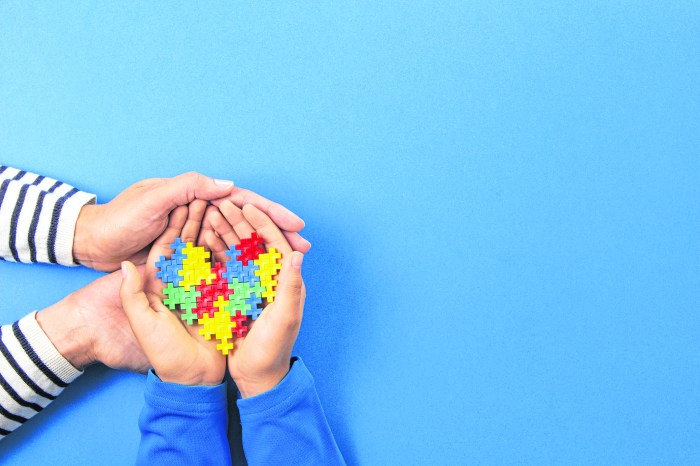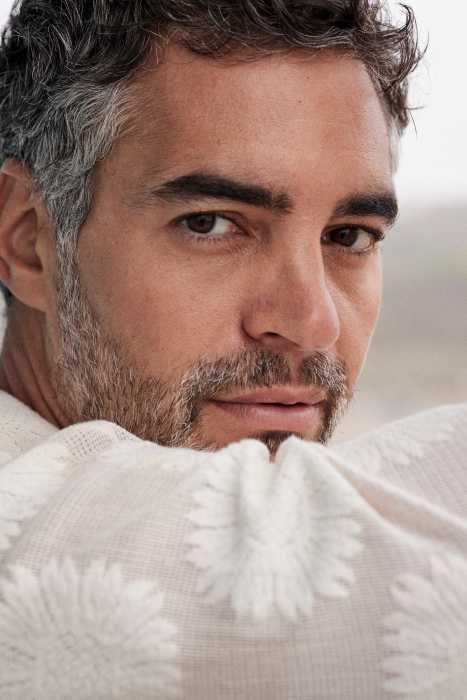By Courtney Ingalls
How to Talk to Kids about The War in Ukraine (and Other Difficult Topics)
As we continue to watch the conflict in Ukraine unfold, kids are also starting to hear more and more about what is going on with the war. Difficult world events such as this one can be hard for kids to understand and it could be a scary topic for them.
Whether your child comes to you asking questions about the current conflict or you want to have a discussion but not sure how to tackle it, we sat down with Andrea Barbalich, Editor in Chief of The Week Junior, to talk about tips and strategies for talking to your kids about Ukraine and other future difficult topics.
Are you looking to aid the people of Ukraine? Check out How to Help Ukraine Right Now
With everything going on in Ukraine, Why is it important to talk to your kids about world events
Children count on adults to help them make sense of events and feel safe when frightening events are happening, and the war in Ukraine is a global event receiving a massive amount of media coverage.
Nothing quite like this has happened since World War II and certainly not in the lifetime of young children who are growing up now. All but the very youngest children are aware that it’s happening, it’s being discussed in homes, and at school and among friends, it’s on TikTok, so it is very much a topic for a family conversation.
It’s a complicated situation even for adults to understand so kids may be confused, worried or frightened and they need trusted adults that they feel they can go to and who will tell them the truth.
How would you go about talking about world events that could be scary for kids to think about?
Our approach at The Week Junior is to tell the truth calmly and straightforwardly without providing more detail than is appropriate for their maturity level. This depends on the child and parents know their kids best.
Different children respond differently to different information. At The Week Junior, we focus on ages 8-14 and some of the children on the older end may have a more sophisticated understanding of what’s happening, and may be able to handle more details.
While for younger children, it may be sufficient to understand that there is fighting between these two countries, people around the world are calling for peace and standing with Ukraine and governments and humanitarian organizations and individuals are providing help for the people of Ukraine.
What are some tips that parents should keep in mind when talking to your kids about these difficult topics?
First and foremost I would say tell the truth simply and clearly, again without providing more details than is appropriate for the child’s maturity level. I think it’s really important to open a dialogue with children to ask them what they think.
They may come to you with questions or you may initiate a conversation with them and ask them what they think about what’s happening. Giving them a chance to share their thoughts helps them feel empowered and letting them know that you’re there to listen is very reassuring to them, and as your children grow up, you want to keep that line of communication open so they can come to you when they have questions or they’re concerned about something.
Also if they are worried about something that is inaccurate, you’ll have a chance to correct it. Oftentimes children will think something is happening and get incorrect information that will actually cause them to be more worried, and being able to talk it out with a trusted adult can help actually lower their anxiety level rather than increasing it.
A couple other suggestions I have are to emphasize the helpers. There are people around the world standing with Ukraine who want this war to end. There are governments and non-profit groups and even people in Ukraine and at the border of Ukraine who are doing everything they can to help the people of Ukraine.
The governments are doing what they can to put pressure on Russia to stop the fighting. One thing we like to say at The Week Junior is there are always more people that help than people who hurt and that’s an important message to send to kids is that there are all these people who feel the same way they do, that they really do not want this war to be happening.
The other thing I would say is that a conversation like this is opportunity to reinforce your family’s values. You can say “I’m concerned for the people in Ukraine”, “I’m concerned for the people in the military and other people who are fighting”, “I’m concerned for the people in Russia who do not want this war”, and “our family hopes for peace”. That is a way to make the child safe within your family and that this is something that you are concerned about as a family.
Something else I would say is try to keep up with the news yourself as much as you can and feel comfortable with so when your child does have questions you will be able to answer them. At the same time, it’s okay to say I don’t know. There are a lot of things that nobody knows right now. Nobody knows when the fighting will stop, nobody knows exactly what Russia plans to do so it’s ok to say “I don’t know that right now, no one does but we might know more next week, we might know later this week” and things like that.
Another suggestion that I would have: just as people around the world are helping, kids can help as well. That can give kids a real sense of agency and generation alpha (which is the generation of children with The Week Junior) they are a very passionate and caring generation of children who really want to make a difference in the world and they want to speak up about the things they care about, and they want to take action.
So talking to them about things they personally can do to reach out to others can help them feel more in control and less anxious and more reassured, and it’s a great feeling for them to know they are doing something in the face of something so difficult.
Are there areas of conversation or information that parents should steer clear of during these discussions?
I would advise not going into great detail about violence and deaths. I think that can be very frightening, however if a child asks directly “have people died in this war?” I would tell the truth and say yes some Ukrainians have died and Russians have died as well unfortunately and I would just be truthful. It’s just really important, especially when asked a direct question, to tell the truth.
Are there certain resources that parents should go to to prepare for these kinds of difficult talks?
I can’t resist telling you about our online information hub that we’ve created just in the past several days to put all of our information about Ukraine all in one spot. It’s available to everyone at theweekjunior.com/ukraine, and we have advice on talking to kids, we have our two news stories from the past week that very clearly explain what’s happening so that if parents are looking for language to use or word choice, or just how to explain the history between the two countries and why this may be happening and what the real world reaction has been and how are people helping.
There are some very clearly written articles that are posted on that page that parents could consult. We also have all of our suggestions on how kids can make a difference and how they can get involved.
This story first appeared on NewYorkFamily.com.
Sign up for Long Island Press’ email newsletters here. Sign up for home delivery of Long Island Press here. Sign up for discounts by becoming a Long Island Press community partner here.




























